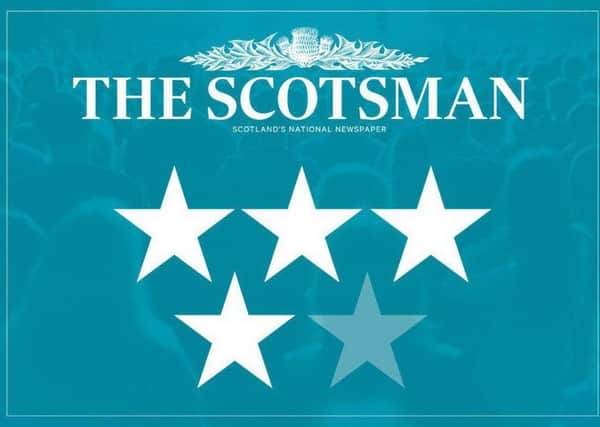Classical review: Dover Quartet, Queen's Hall


Dover Quartet, Queen’s Hall (****)
But the young players of the Dover Quartet, formed in Philadelphia’s Curtis Institute just a decade ago and here making their International Festival debut, were entirely at ease in this unremittingly intense, emotionally exhausting music. Their performances blazed with fierce commitment, vividly characterised and strongly projected but never over-wrought.
They brought a glorious sense of lyricism to Bartók’s churning opening movement, and its Arab-inspired scherzo was furiously fast, and crackled with sardonic wit. Their account of Zemlinsky’s massive, single-movement Second Quartet was wonderfully persuasive too: they discovered a natural sense of organic growth between its sharply defined sections, with remarkably unflagging energy and sustained intensity throughout the work’s helter-skelter 45 minutes.
Advertisement
Hide AdAdvertisement
Hide AdOnly their opening Haydn – the serious-minded Quartet in F minor, Op. 20 No. 5 – struggled to convince. With its copious rubato and forthright vibrato, not to mention its fulsome, luxuriant tone, it sounded a lot like – well, Brahms. Nonetheless, this was a deft, compelling traversal of two 20th-century masterpieces – albeit ones that at times sounded disconcertingly alike.